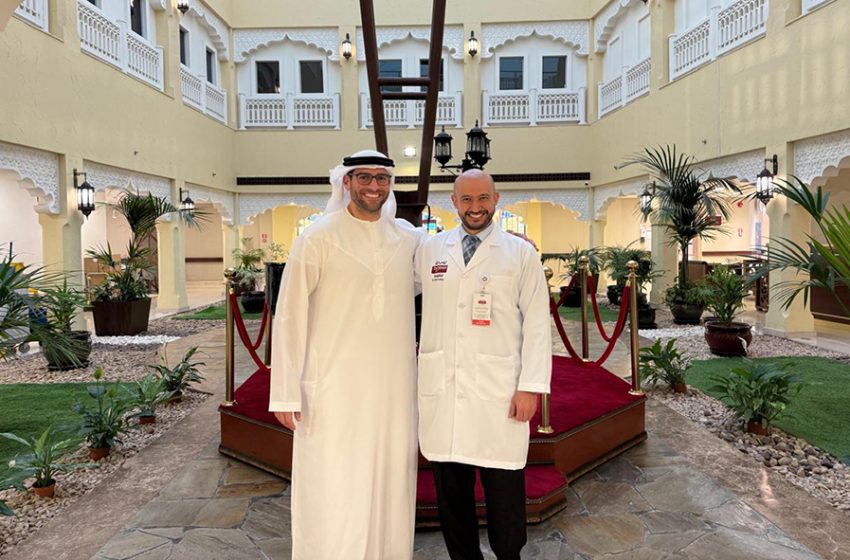Layali Ramadan Returns to the Rooftop at Grand Mercure Dubai City
CAR T-cell therapy.. A medical revolution that outperforms chemotherapy in improving patients’ quality of life and mental health

Abu Dhabi, United Arab Emirates – June 25, 2025
For decades, cancer has evoked a bleak and frightening image in the minds of many – hair loss, extreme weakness, weight loss, and emotional collapse. This stereotype, especially among women, has long been associated with both the physical and psychological toll of the disease. But CAR T-cell therapy is now challenging that narrative, reshaping the cancer treatment experience.
T-cell therapy is an advanced method that harnesses the patient’s own immune system to fight cancer with precision and effectiveness. Unlike chemotherapy, which harms healthy cells and causes harsh side effects, this therapy specifically targets cancer cells, easing the physical and emotional burden on patients.
CAR-T offers patients new hope—not just for survival, but for living with a higher quality of life and emotional stability. It’s a medical breakthrough that is redefining what “healing” means in cancer care, with the potential to reduce treatment costs in the region by up to 90%, further amplifying hope for millions of patients.
Recent studies show that patients with certain cancers such as leukemia and lymphoma have achieved remarkable remission rates with this therapy. In contrast to chemotherapy—which causes hair loss, nausea, and extreme fatigue—T-cell therapy leaves patients in better physical condition and allows them to quickly resume their daily lives.
Positive Psychological Impact
Dr. Ajlan Al Zaki, Director of the Burjeel Hematology Oncology & Cellular Therapy Center in Abu Dhabi, said: “One of the greatest benefits of CAR T-cell therapy is the improvement in patients’ mental wellbeing. Avoiding long hospital stays and reducing physical pain gives patients a sense of control over their illness, which directly boosts their emotional health.”
He added that interviews with patients who received CAR-T therapy showed significantly lower levels of anxiety and depression compared to those who underwent chemotherapy. “They spoke about regaining a sense of normalcy, the ability to work, travel, and laugh again,” he said. Unlike traditional treatment schedules, CAR-T doesn’t require continuous exhausting sessions, giving patients more time for daily activities and reducing their reliance on painkillers and sedatives, thus enhancing overall quality of life.
Meanwhile, Dr. Yaser Alkhatib, Consultant Medical Oncologist at the same center, affirmed that CAR-T therapy not only transforms how we fight cancer, but also reshapes societal perception. “It opens new doors of hope, especially for women who have long endured the stigma of pain tied to the disease. This is more than just a treatment – it’s the beginning of freeing women from fear and the stereotypes that have overshadowed their healing journey,” he said.
“For many women, hair loss, body changes, and constant exhaustion meant losing femininity and self-confidence. This shift helps women maintain their sense of identity and dignity throughout treatment, and reduces long-term psychological impacts like depression and social isolation,” Dr. Alkhatib added.
Breaking the Fear Barrier
The fear of cancer is often intertwined with the fear of grueling treatment. But as stories of recovery through immunotherapy and CAR-T treatment spread, that fear is gradually fading, especially among women who previously avoided early detection due to the dread of a “bitter treatment journey.”
Today, cancer survivors are no longer passive recipients of treatment. They are becoming symbols of strength, awareness, and empowerment, especially with therapies that are kinder to both body and mind. CAR-T doesn’t just change recovery outcomes; it changes how women engage with cancer, shifting from a victim mindset to an empowered one.
Promising Future
Experts believe that CAR T-cell therapy represents the future of personalized medicine, tailoring treatments based on the patient’s genes and tumor type, with fewer side effects and better results.








